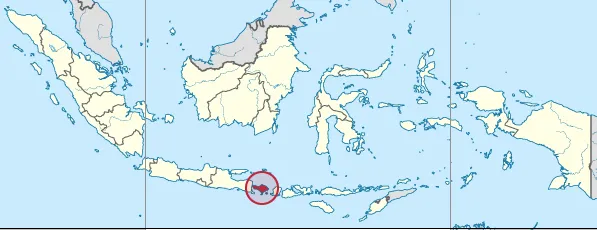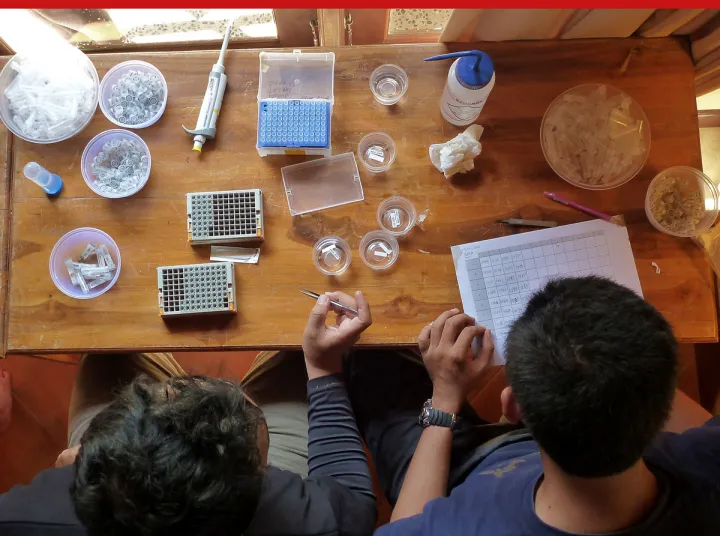Live from the Field: Bali, Indonesia

About the IBRC
The Indonesian Biodiversity Research Center (IBRC) was founded in June 2010 by a group of seven international research institutions to promote biodiversity stewardship in Indonesia through collaborative research and educational programs. The Center's goal is not only to increase biodiversity research in Indonesian scientific communities but also to build lasting research networks between Indonesian and U.S. research centers.
Funded by the National Science Foundation and the U.S. Agency for International Development, the program will train Indonesian and US undergraduate and graduate students, providing cost-effective tools and methods for their labs and classrooms along with teaching opportunities. The IBRC program gives students the opportunity to employ emerging molecular technologies on an affordable budget and provides them with the skills and confidence needed to sustain biodiversity research in Indonesia.
Why Indonesia?
The Indonesian Archipelago is the heart of the Coral Triangle, the global hotspot for marine life. Sadly, Indonesia's biodiversity is suffering sharp declines, despite its economic and cultural importance. Lack of international effort in studying Indonesian biodiversity has limited our knowledge and has slowed the growth of the Indonesian scientific community as foreign scientists develop research collaborations elsewhere.
Using Genomics to Study Biodiversity
The IBRC research team will be using DNA sequencing to catalog and better understand species, their interactions, and their responses to disturbance in Indonesia. Sequencing will help scientists better characterize the invertebrate marine species collected, how species respond to change, and complex systems work. This understanding will give researchers the tools and information they need to better understand human impacts on the marine life in Bali and throughout Indonesia, and provide clues as to how to help prevent further damage.
A Collaborative Effort
The IBRC program was founded in 2010 with the support of both Indonesian and U.S-based research institutions and universities. The collaboration has made the research and education components of the IBRC program successful, leading to student achievement. Funded by the United States Agency for International Development and the National Science Foundation, the program was founded by Udayana University, Diponegoro University, the State University of Papua, University of California Los Angeles, and the Smithsonian Institution.



